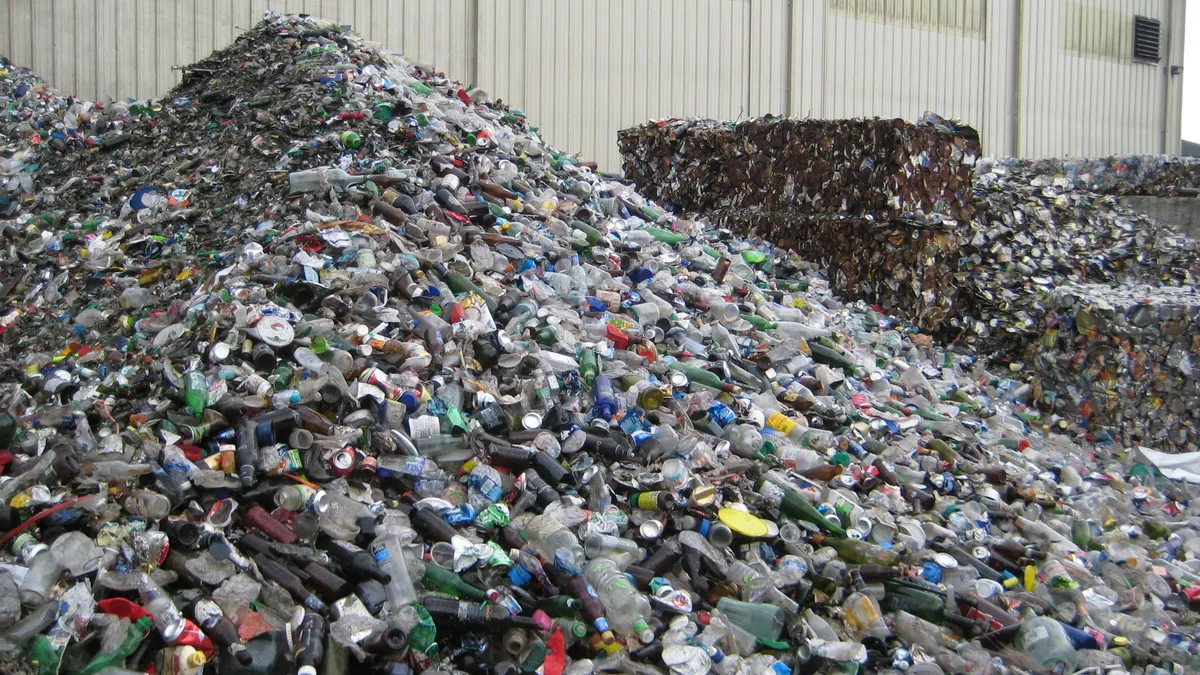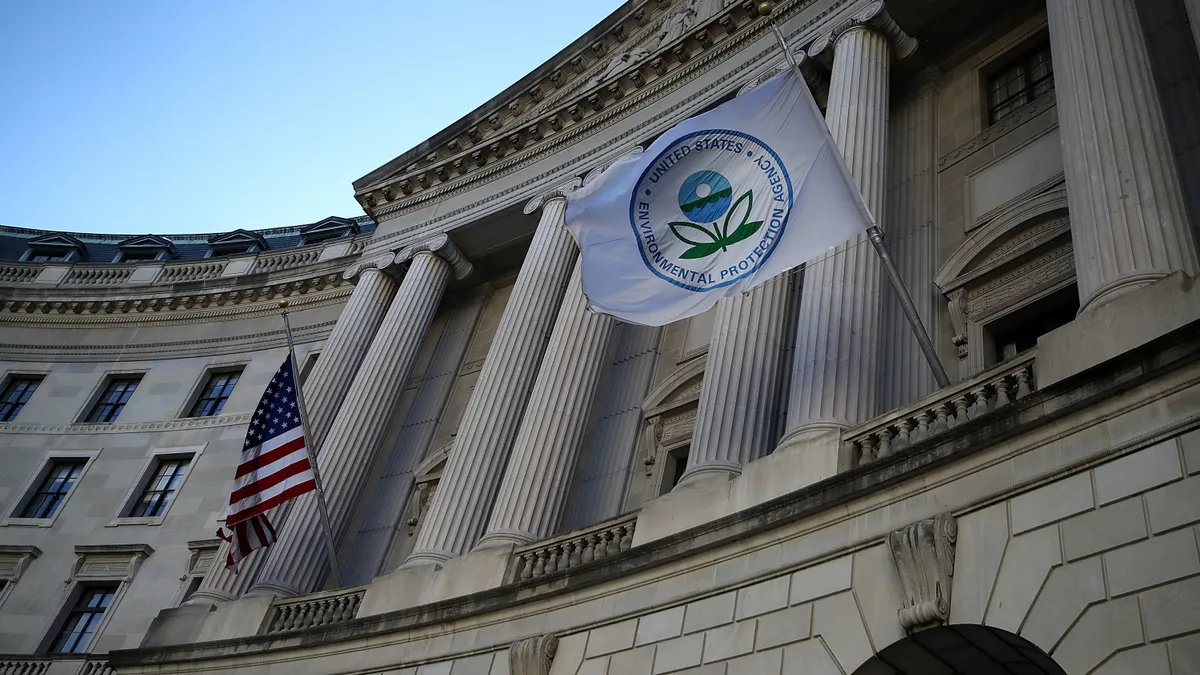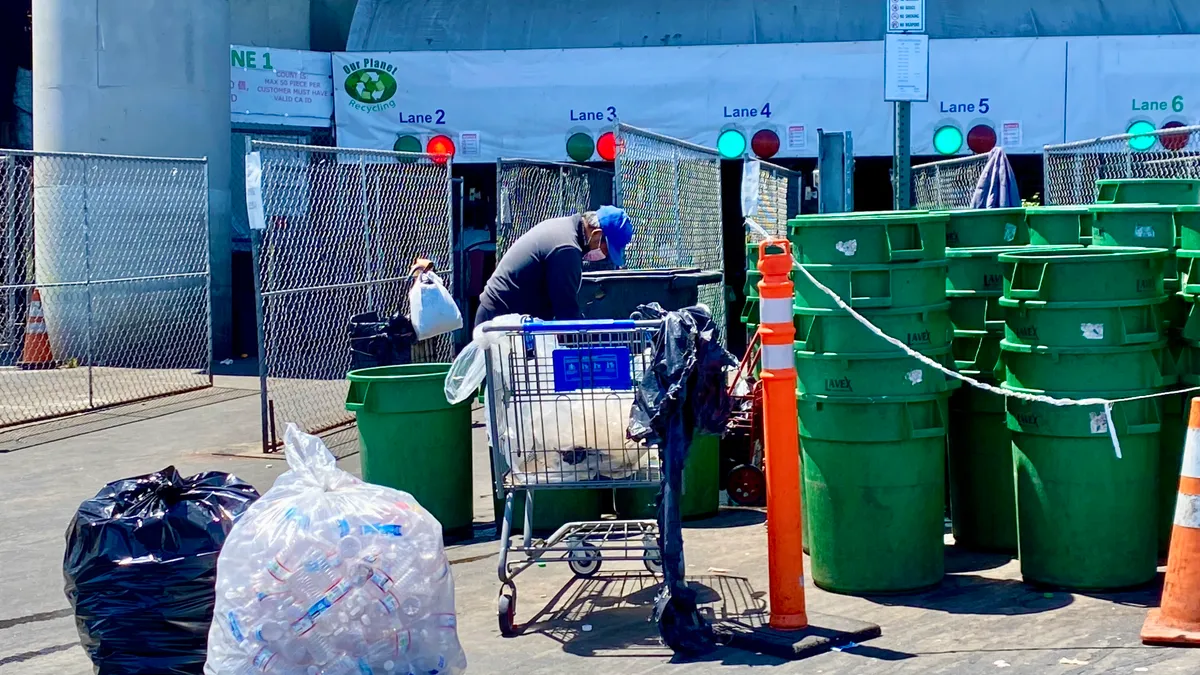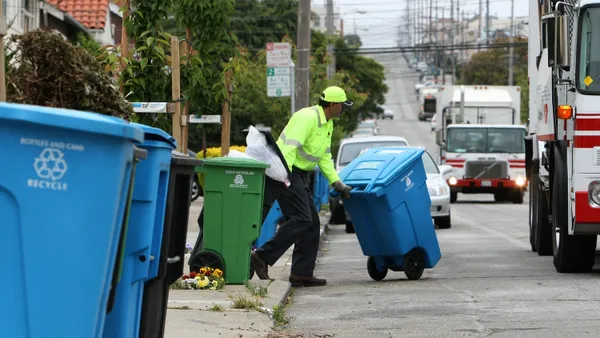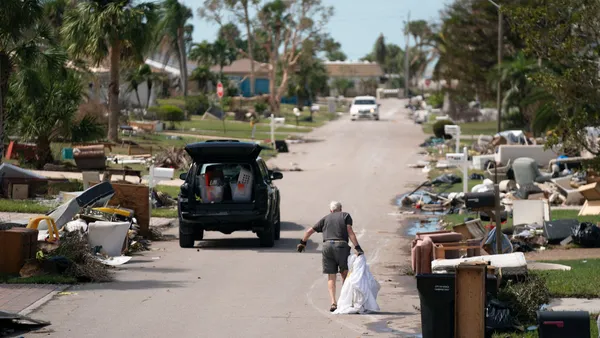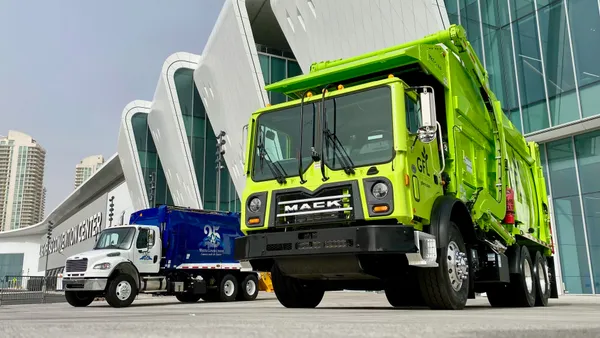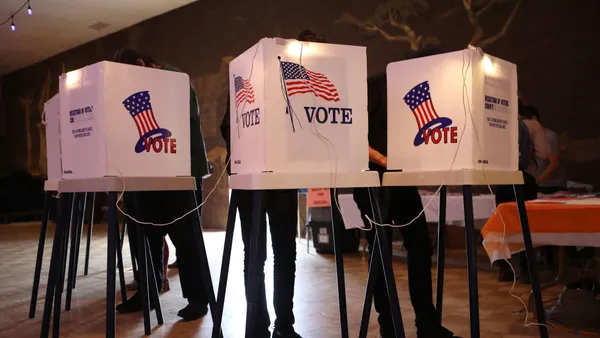Dive Brief:
- Montgomery, AL still lacks recycling services 17 months after the Infinitus Renewable Energy Park (IREP) mixed waste material recovery facility closed. Multiple potential bidders have shied away from running it, concerned by the MRF's large capacity and high operating costs, as reported by the Montgomery Adviser.
- One factor is whether Montgomery and surrounding municipalities generate enough waste for the facility in the first place. According to the city, IREP needed about 150,000 tons of mixed waste per year to be viable. During its final year of operation the facility only received about 102,000 tons and some of that came from outside the city.
- The city is also considering a single-stream recycling program, though getting enough material is still a concern. Some have questioned whether it makes financial sense to run the facility as a single-stream MRF because it is built to do much more.
Dive Insight:
When the facility opened in 2014, it held the potential to put Montgomery's recovery rate ahead of many municipalities. Instead, both IREP and the city are mired in bankruptcy court and multiple municipalities temporarily lost recycling service. The completion of a new MRF in Florida last fall helped restore access to residents in that area, though Montgomery is now one of the only major cities in Alabama without a recycling program.
Even with a single-stream curbside program, city officials are concerned that participation rates might be too low to get enough material. Last summer, in a report on improving recycling throughout the state, the Southeast Recycling Development Council proposed making Montgomery a recycling hub for dozens of surrounding counties. This could potentially bring in enough volume to make the economics work for a regional recycling facility and reduce costs for local governments.
Though it has proven challenging at this particular facility in Montgomery, mixed waste processing has been working in a variety of forms throughout the country for many years. As sortation technology becomes more advanced and municipalities look for new ways to hit high diversion rate targets, it could experience further growth. Creating various forms of refuse-derived fuel from residual material may be one option to improve the financial possibilities, and Montgomery has received inquiries from interested operators in that field.



